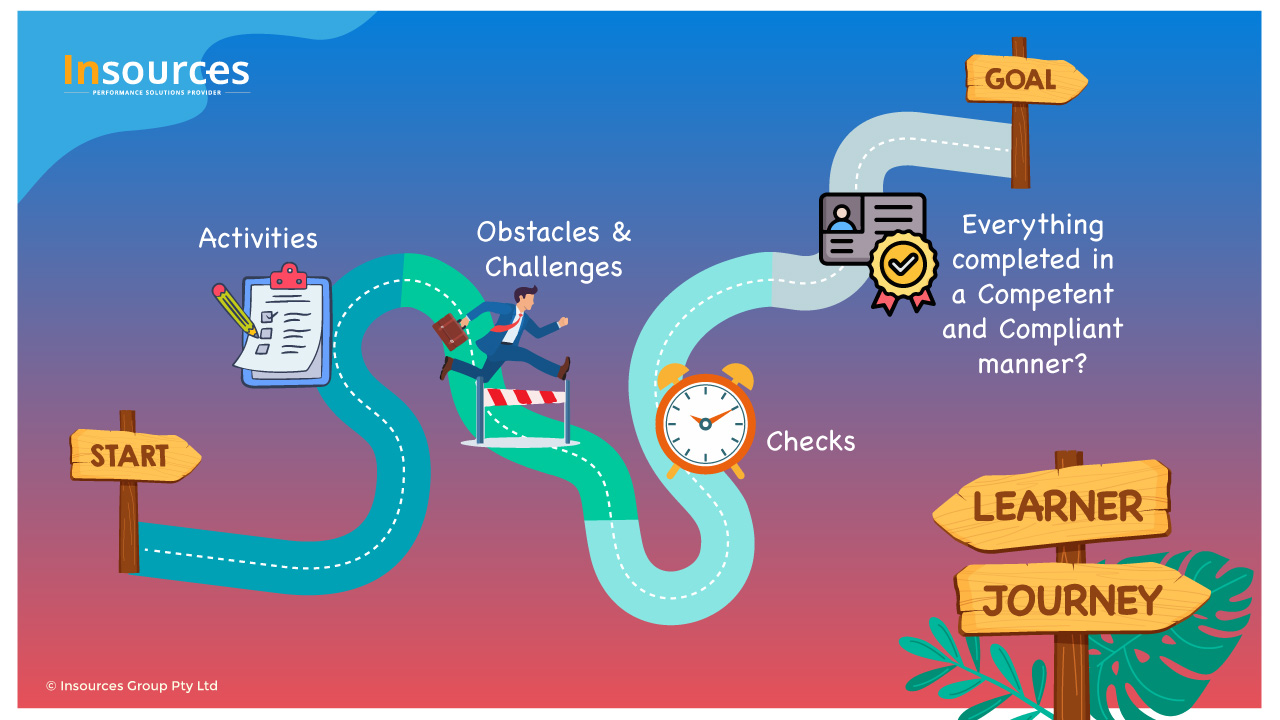The volume of learning is defined in the AQF as follows: “The volume of learning is a dimension of the complexity of a qualification. It is used with the level criteria and qualification type descriptor to determine the depth and breadth of the learning outcomes of a qualification. The volume of learning identifies the notional duration of all activities required for the achievement of the learning outcomes specified for a particular AQF qualification type. It is expressed in equivalent full-time years.”
The volume of learning, along with the breadth and depth of the knowledge, skills and application of the knowledge and skills determined for a qualification, defines the complexity of the qualification.
The volume of learning determined for a qualification must fall within the range provided in the descriptor for the qualification type.
Volume of learning applied
It is the responsibility of organisations developing and/or accrediting qualifications to exercise professional judgment to ensure that design of programs of learning leading to qualifications enables students to achieve the learning outcomes for both the qualification type and the discipline. Decisions about design of qualifications must take into account students’ likelihood of successfully achieving qualification outcomes and also must ensure that integrity of qualification outcomes is maintained. Those developing and/or accrediting qualifications should be able to provide a pedagogical rationale to justify a decision about the volume of learning.
The teaching, learning and assessment activities are usually measured in equivalent full time years. The generally accepted length of a full time year, used for educational participation, is 1200 hours.
Volume of learning applied in delivery
The duration of the delivery of the qualification may vary from the volume of learning specified for the qualification. Providers may offer the qualification in more or less time than the specified volume of learning provided that delivery arrangements give students sufficient opportunity to achieve the learning outcomes for the qualification type, level and discipline.
Students may be fast-tracked through the qualification, for example by providers offering three semesters per year, longer study hours in the traditional two semester model, or intensive periods of study. Conversely, some cohorts of students may be offered a longer duration of delivery to support their successful achievement of the qualification outcomes. Students may be offered more self-paced methodologies, including online delivery and workplace delivery, which will vary the duration required to achieve the learning outcomes. The duration may be reduced for individual students if credit towards the qualification is given in the form of credit transfer, recognition of prior learning or advanced standing.



